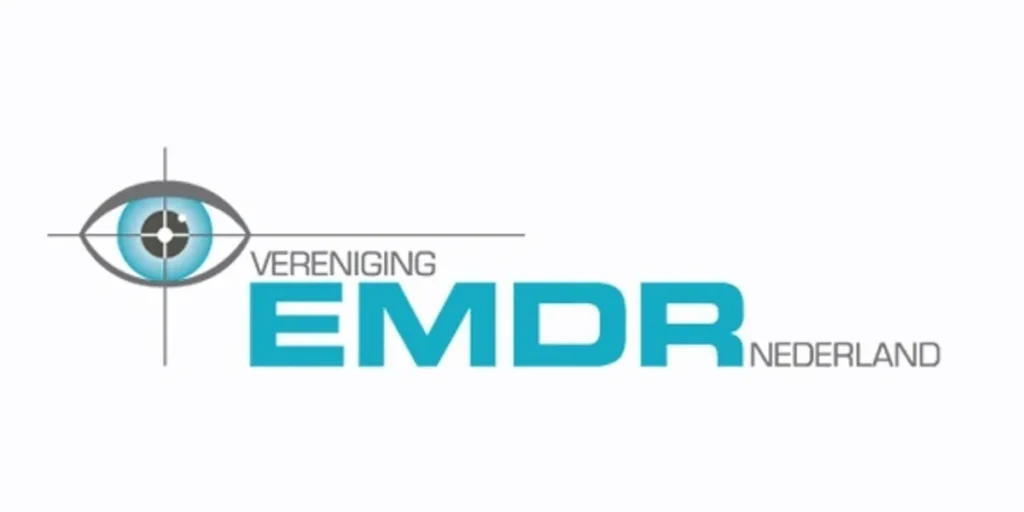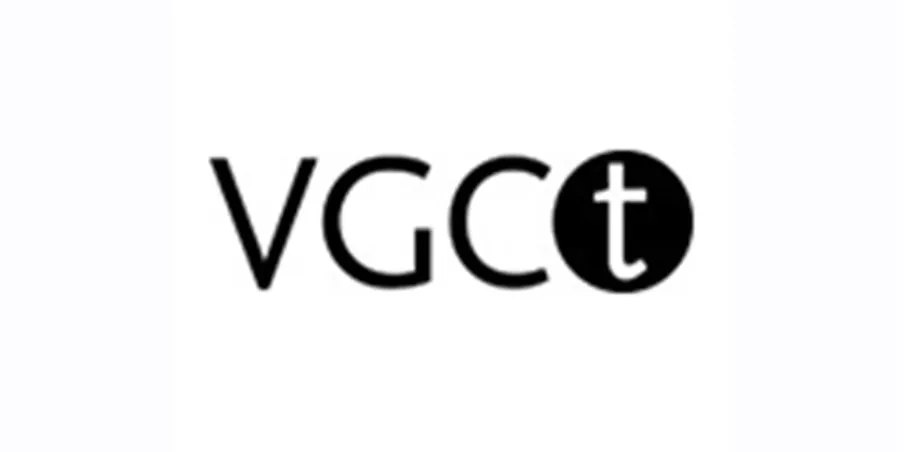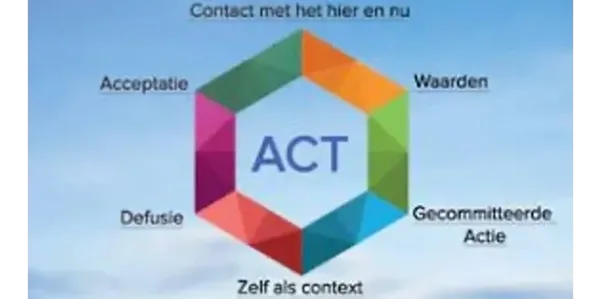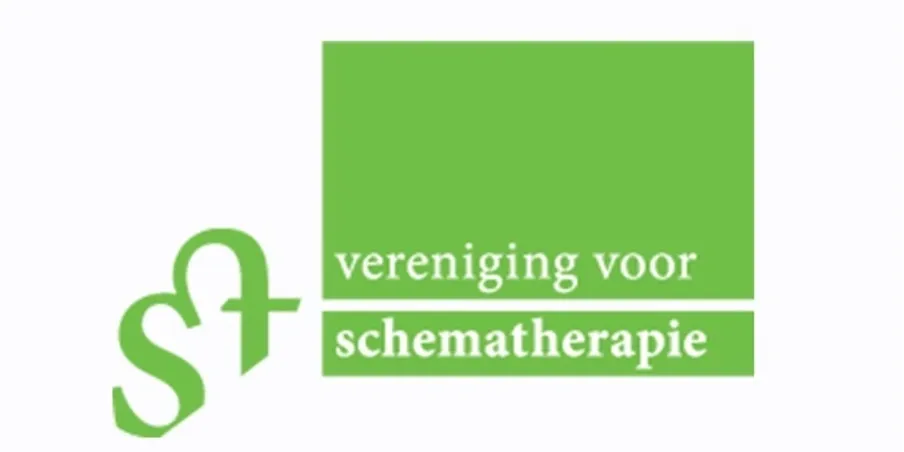EMDR (Eye Movement Desensitization and Reprocessing) is a therapy designed for individuals who continue to be affected by painful, distressing memories resulting from a traumatic experience or significant event. It can also be applied as part of treatment for those struggling with a negative self-image or anticipating anxiety-inducing thoughts about the future. EMDR helps reduce the emotional intensity of painful memories, often aiding in breaking psychological patterns such as avoidance. Of course, we also use different trauma techniques, such as Exposure and Imagery Rescripting in combination with EMDR or as an alternative.


This is a form of psychotherapy that is active and goal-oriented but also relies on careful analyses of the predisposing, precipitating, perpetuating factors. Together, we assess your problem, work towards achieving your goals, and enhance control over your issues. Through collaborative thinking, exploration, and practical experimentation, you can change thoughts and behaviours that hinder you. This leads to increased freedom and a reduction in negative emotions. For more information, you can also visit the website of the VGCt: https://www.vgct.nl/ https://www.vgct.nl/
ACT (Acceptance and Commitment Therapy) is a form of Cognitive Behavioural Therapy that you can use to cope with fears, negative emotions, and feelings. ACT guides individuals in experiencing how to accept life's challenges rather than avoiding them (acceptance). The positive outcomes of this acceptance include having energy and space for the things that matter to you (commitment).


This is a person-cantered psychotherapy aimed at recognising and changing dysfunctional patterns. Many of these patterns originated early in our lives, for instance, in the family where we grew up or through other (adverse) experiences in our youth. These patterns are often so familiar and automatic that you may not even notice them. Frequently, these dysfunctional patterns make you more susceptible to mental health issues such as depression and anxiety or mood instability. Schema therapy helps you recognise and, where necessary, adjust these dysfunctional patterns. In schema therapy, you learn to identify your needs and assert them in a healthy manner.
Deze website maakt gebruik van cookies om de gebruikerservaring te verbeteren en ons inzicht te geven in het gebruik van de site. Door gebruik te maken van onze website stemt u in met het gebruik van cookies overeenkomstig ons Privacy Beleid